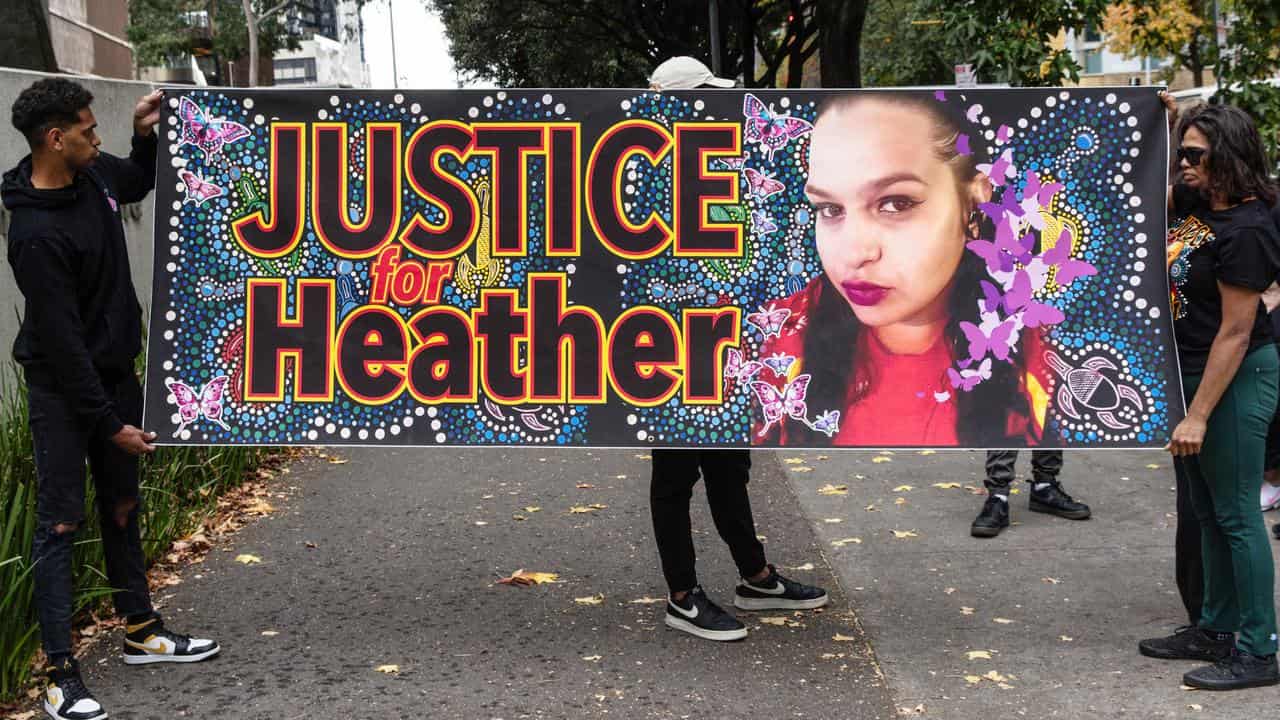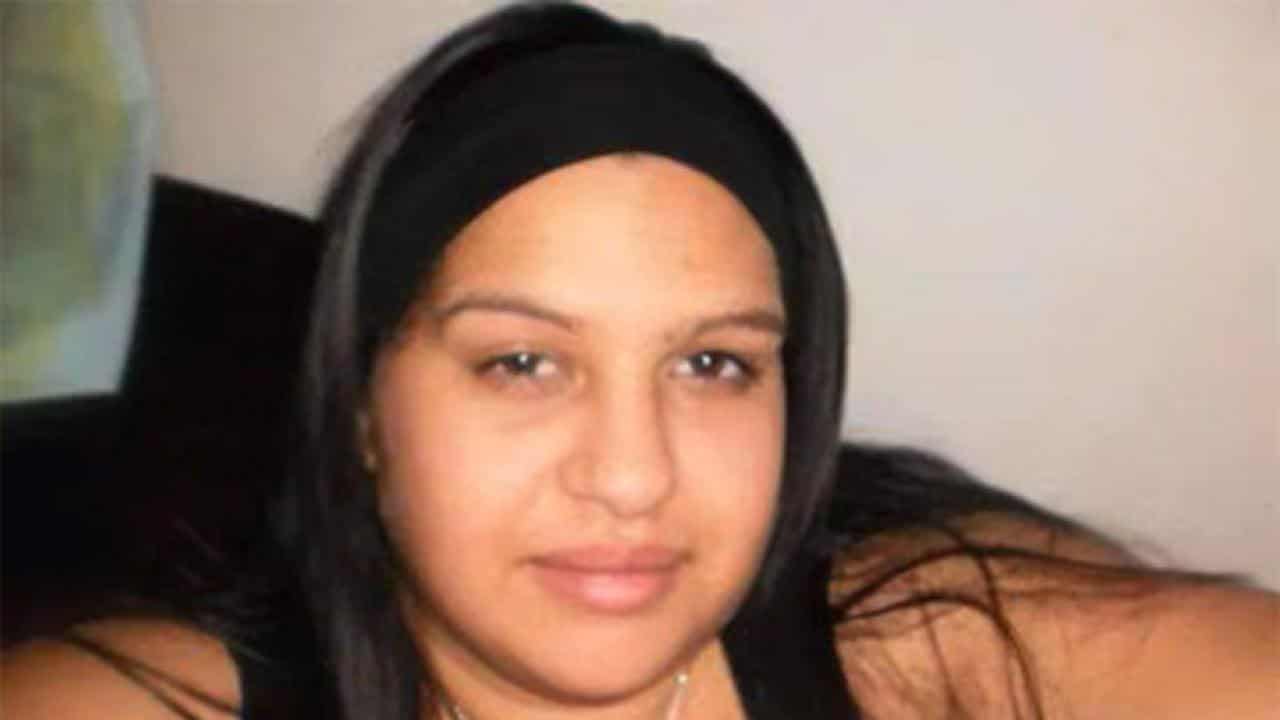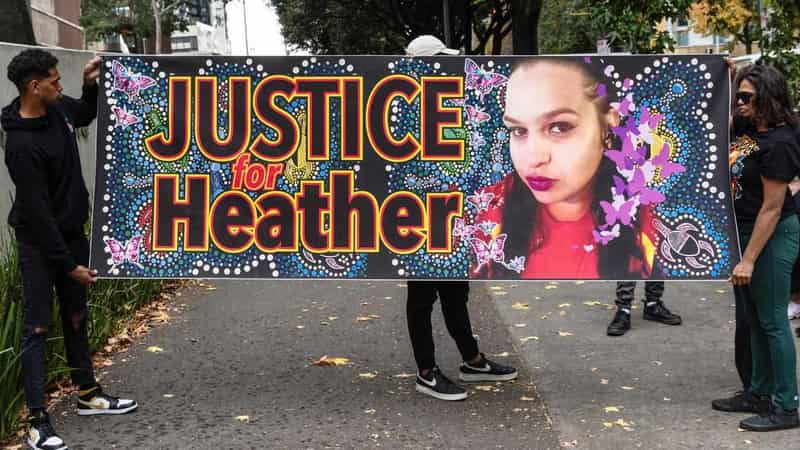
Heather Calgaret was born the same year the Royal Commission into Aboriginal Deaths in Custody made its final report.
But 30 years on, its damning findings and 339 recommendations did little to stop her from becoming another statistic.
The mother-of-four died after being denied parole and was found in a critical condition at Dame Phyllis Frost Centre prison by her sister Suzzane.
An inquest into the proud Yamatji, Noongar, Wongi and Pitjantjatjara woman's death began on Monday in Melbourne.
The inquest will examine Victoria's parole system for the first time since the state toughened laws.
It will also investigate Ms Calgaret's treatment in prison, where she was given the opioid medicine buprenorphine the day before she was found unconscious.
Counsel assisting Sharon Lacey told the hearing Ms Calgaret was eligible for parole for almost one year by the time she died.
But her bid for freedom had been denied just one month before her death due to the lack of suitable accommodation.
Ms Calgaret was categorised as a serious violent offender after pleading guilty to charges of armed robbery and threatening to inflict serious injury in relation to an incident at a supermarket in February 2019.
She was pregnant when she arrived at the prison in July 2019, and had been denied the opportunity to have the baby and stay at the mother and baby unit once she was born.

That decision to take her daughter away affected her mental health, according to Aboriginal Wellbeing Officer Aunty Lynne Killeen.
In a referral to further support services, Aunty Lynne described Ms Calgaret as extremely traumatised and not coping.
But on the day before her death, Aunty Lynne described Ms Calgaret as happy and possibly excited to get her first dose of Suboxone (a buprenorphine brand).
Buprenorphine is prescribed for the medical treatment of people with an opioid drug dependence, such as heroin or other opioid medicines.
Following her death an autopsy found that Ms Calgaret suffered brain damage caused by oxygen deprivation, an enlarged heart and other signs of cardiac disease, including thickening of the heart muscle and a narrowing of coronary arteries.
Ms Lacey said the inquest would work to resolve whether the dose of buprenorphine, Ms Calgaret's obesity or other health conditions played a role in her death.
Before Monday's hearing, dozens of Ms Calgaret's family, friends and supporters gathered outside court wearing T-shirts printed with the words 'Justice for Heather'.

Her brother James Smith described Ms Calgaret as a caring and loving soul who was always laughing or cracking jokes.
"Heather brought so much love, joy and care to our family," Mr Smith told reporters.
"When Heather was around we were all together, she was the rock of our family. We were heartbroken by her death."
Ms Calgaret's loved ones unfurled a banner featuring her face surrounded by pink butterflies and colourful artwork, which they carried into court.
Members of the crowd hugged and held back tears before the hearing got underway.
Mr Smith pointed out his sister was born in 1991, the same year as the final report from the Royal Commission into Aboriginal Deaths in Custody.
"Heather may still be here with us today if those recommendations had been implemented," he said.
The royal commission was established in 1987 in response to growing public concern that deaths in custody of Aboriginal people were too common and poorly explained.
The inquest, before Coroner Sarah Gebert, is set to run for four weeks.
13YARN 13 92 76
Aboriginal Counselling Services 0410 539 905









